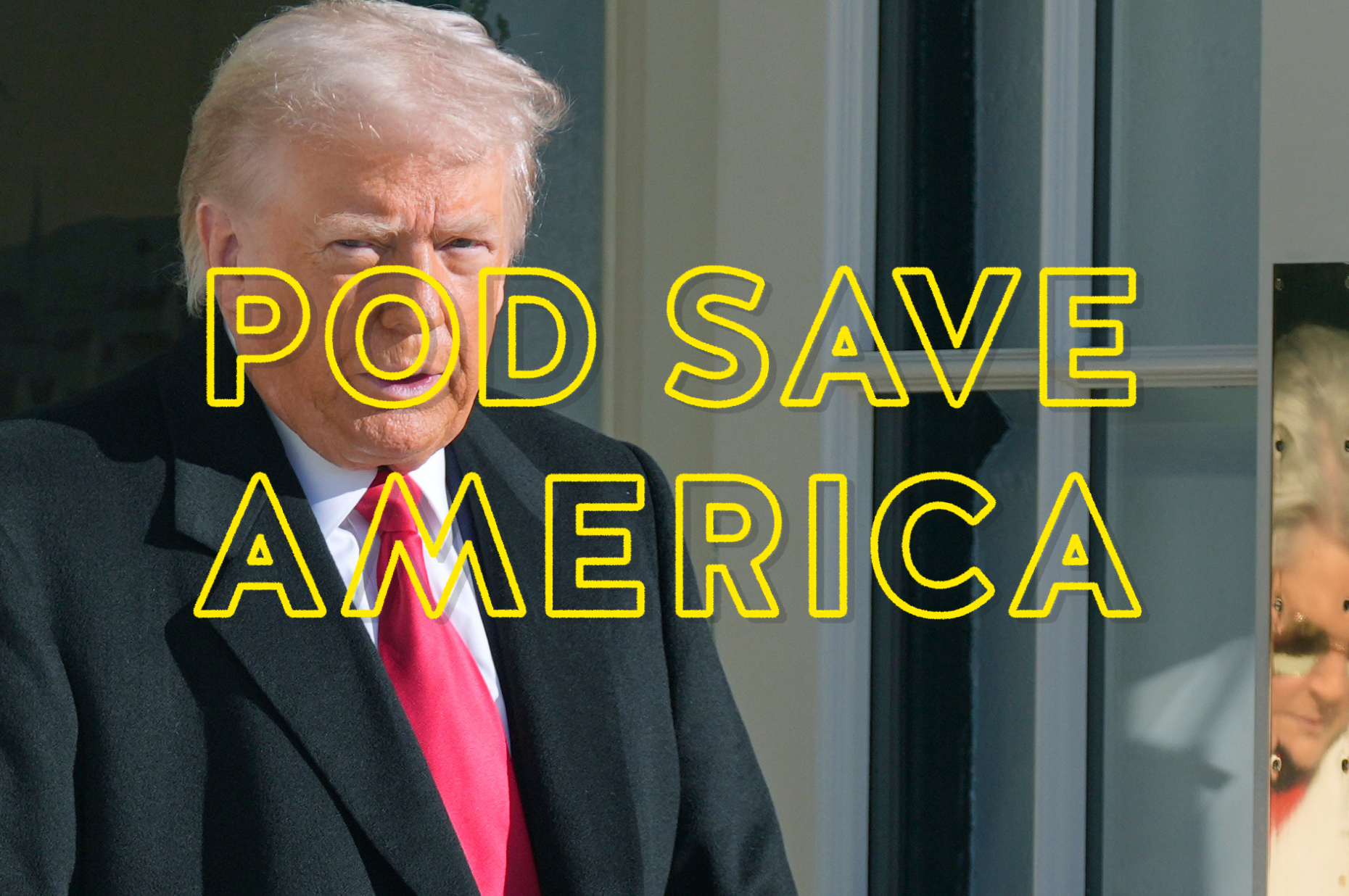Dreamers are caught in a Catch-22. This week, the Supreme Court dismissed the Trump administration’s request to expedite a case that will determine whether it has the right to end DACA—the Obama-era program that protected young undocumented people from deportation. The good news is that the Court’s decision means existing DACA recipients will be able to submit renewal applications beyond the arbitrary March 5 deadline, which President Trump set six months ago. But the SCOTUS decision also means that Congress’s inability to find a permanent legislative solution is likely to continue.
When he announced the DACA wind-down on Trump’s behalf last year, Attorney General Jeff Sessions could barely contain his smile, and argued tendentiously that the program was an “unconstitutional exercise of authority by the executive branch.” The announcement put 800,000 Dreamers on a seemingly endless roller coaster, twisting and turning and jerking around, with each tweet, government funding deadline, White House memo, and nativist outburst a reminder of the GOP’s sadistic satisfaction with this state of uncertainty.
While the SCOTUS ruling allows Dreamers to renew their expired, or soon to expire, DACA permits, it was not a decision that permanently prohibits the administration from terminating the program, but rather one that requires the administration to wait for the appeals process to run its course before reaching the high court—the normal legal process, in other words. The Supreme Court thus granted Dreamers a reprieve, but not relief from their biggest threat: an uncertain future in the country they call home.
And that is why the decision might perversely be one that Dreamers come to regret. By temporarily tamping down the urgency of reaching a legislative solution, the Court may have reduced the valence of DACA as a political issue, just a few months before voters head to the polls and render a verdict on Trump’s misgovernance. And absent a major public jolt or crisis, this Republican Party will continue to leave Dreamers stranded.
It’s unlikely the Ninth Circuit court of appeals will rule in favor of the administration. That circuit is the most liberal in the country, which is why Trump has said there’s “nothing worse than the Ninth Circuit.” But it is only a matter of time before it does reach the Supreme Court, where the Dreamers’ odds are much dimmer.
The ultimate risk is that the Court decides the case for the administration after a midterm election in which Republicans limit their losses, and Dreamers are thrust into crisis just as the public has moved on from the idea that the country was ready for a course correction.
But the more proximate risks are practical and moral. The reprieve also does nothing to protect the most vulnerable population of Dreamers: those aging into eligibility for the DACA program as it existed under President Obama. In order for Dreamers to qualify for the program, they had to be 15 years or older at the time of their application. Dreamers who are just turning 15 now cannot submit DACA applications, because the injunction only applies to existing DACA recipients, not to new applicants.
Marielena Hincapié, executive director of the National Immigration Law Center, where I serve as a member of the board, said it best, “There is immense urgency for Congress to do the right thing on the Dream Act, and nothing about [Monday’s] announcement diminished that. While the injunction helps ensure that immigrant youth can continue to renew their DACA, Dreamers need the certainty that can only come from legislation. We will continue fighting alongside immigrant youth and allies to ensure that Dreamers have a secure future in this country–their home.”
Trump gave Congress six months to come up with a legislative solution to “fix DACA.” We are now a week away from that deadline and exactly zero bills have cleared the House or the Senate. Congress has had several opportunities to provide Dreamers peace of mind, but not even $25 billion in funding for a border wall was sufficient to persuade enough Republican Senators to give Dreamers legal status. The bipartisan McCain-Coons bill, which would have provided a path to citizenship for Dreamers and funding for Trump’s wall, fell six votes short of clearing a Republican filibuster. The White House has rejected offer after offer from the Democratic leadership, and deal after deal from bipartisan negotiators. At this point it is impossible to conclude anything other than that Republicans want to deport Dreamers.
They might be forced to act against interest, but the Supreme Court made that kind of reckoning less likely, and farther off. Republicans in Congress have been unwilling to act, even as the fate of 800,000 young people rested solely in their hands, and now that the Supreme Court has given them an out, it’s unlikely they will act before November. It is very likely that the only way through for Dreamers is a Democratic Speaker who will bring a bill to a vote in the House, and a Senate that can muster 60 votes for the solution Republicans pretend to want.
The issue may have become less salient, just as the need to keep it salient has become more important than ever. It is the obligation of everyone who claims to fight for Dreamers to not let their plight fade from the public imagination just because it is receding from the political limelight. It is cruel to keep Dreamers in limbo indefinitely; they deserve a future that is legally certain, and doesn’t hinge on a Supreme Court decision. They deserve Congress to act now, whether or not there is some deadline forcing the matter.


